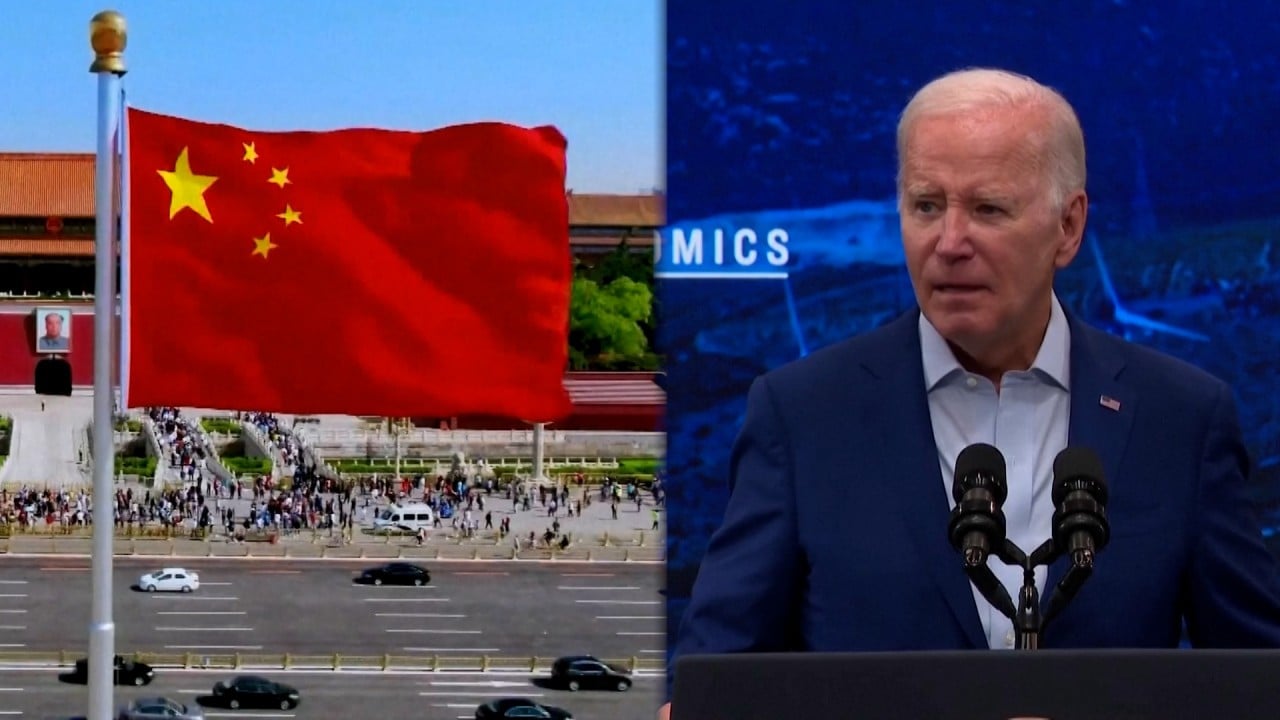
To speak up against Western labels, China must first find its own words
- Whether in differing understandings of ‘democracy’, disagreement over ‘cold war’ or the outright fantasy of Chinese ‘colonialism’, words from the West have trapped China in a linguistic inferno
Words matter. But when words fail, they create problems. China faces this challenge with some Western words intended to explain aspects of China. Some words China has adopted into its own language but the West finds this confusing or fails to understand the Chinese context. Some words being thrown at China by the West China considers harmful.
Take how “past tense” is taught in Chinese. The Chinese language does not have a past tense, or any tenses for that matter. But when teaching Western students, many Chinese teachers adopt this term. When students ask how they can express past tense, these teachers say they can just add the Chinese character le (了) to the sentence, to indicate that the action described has already taken place.
The problem is that the Chinese language does not really work like that. There are sentences that describe past events but do not have this character, and sentences that do not describe past events but have this character. Consequently, students are confused even as teachers are trapped into trying to explain “past tense”.
Both “past tense” and “democracy” appear to have entered the Chinese language at least by the turbulent late 19th and early 20th centuries. Motivated to seek change, many Chinese scholars looked to the West and tried to superimpose Western grammatical concepts on the Chinese language, and Western social and political terms on Chinese society.
With China’s economic rise, some words are being thrown up to describe its international relations. One example is “cold war”. Some analysts in the West agree that a second cold war has begun between China and the United States.
For answers, we have to look to ancient Greece, the cradle of Western civilisation. After observing movements in nature, ancient Greeks concluded that one basic characteristic of the universe was a perpetual contest between two opposites, such as night driving out day, and hot driving out cold.
But ancient Chinese came to a different conclusion. They saw the universe as harmonious, and seemingly contesting opposites as aspects of the same essence, one transforming into the other seamlessly and continuously. Nature, they felt, was accommodative of everything, and everyone had a part to play.
But like with the notion of cold war, refusing the label of colonialism does not appear to be helping China much in the eyes of the West.
Whether willingly adopted or imposed upon, words from the West have trapped China in a linguistic inferno, where China can never hope to find its voice. Only a fresh set of vocabulary grounded in China’s experience, reality and interpretation can set it free. And it is China, not the West, that must come up with these words. A good grammar book could be a start.
April Zhang is the founder of MSL Master and the author of the Mandarin Express textbook series and the Chinese Reading and Writing textbook series



